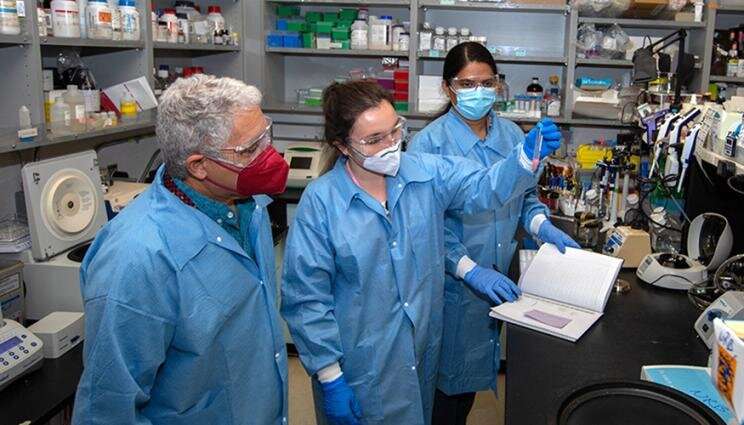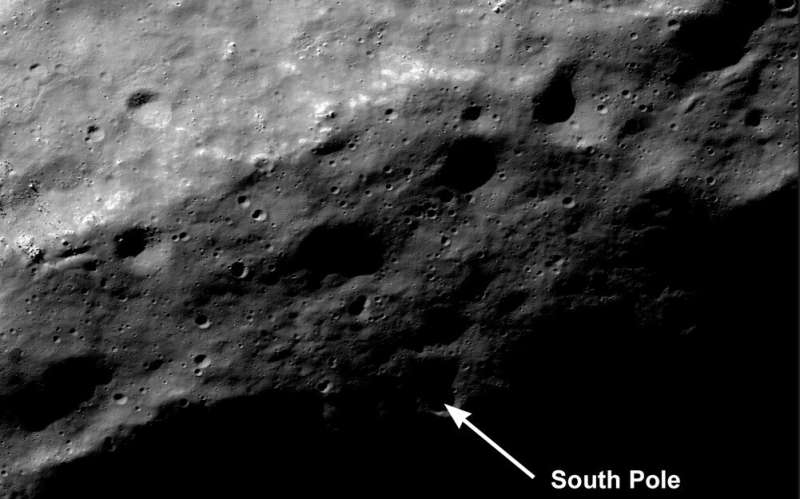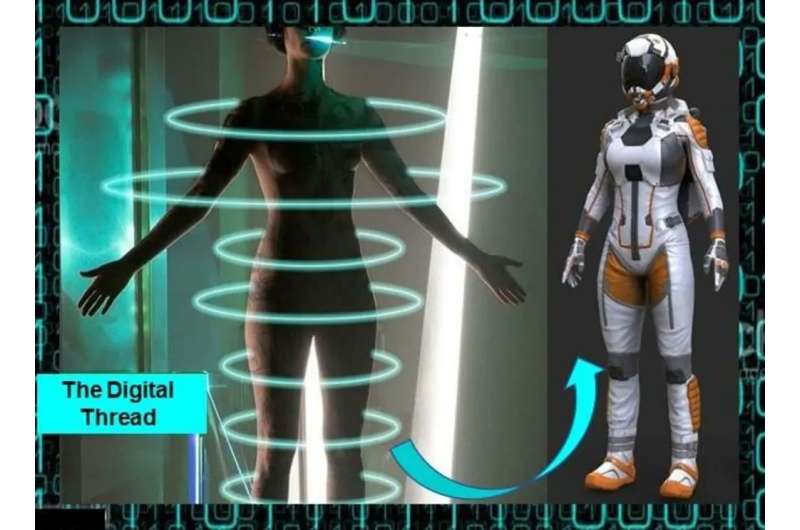
Copernical Team
First Platforms are Retracted Ahead of Artemis I First Rollout to Launch Pad
 The Artemis I Moon rocket is getting closer to rolling out of the Vehicle Assembly Building (VAB) at NASA's Kennedy Space Center in Florida for the first time.
The first two of 20 platforms surrounding the Space Launch System (SLS) and Orion spacecraft that allow work on the integrated system inside the building were retracted for roll out to Launch Complex 39B. Teams retracted the platfor
The Artemis I Moon rocket is getting closer to rolling out of the Vehicle Assembly Building (VAB) at NASA's Kennedy Space Center in Florida for the first time.
The first two of 20 platforms surrounding the Space Launch System (SLS) and Orion spacecraft that allow work on the integrated system inside the building were retracted for roll out to Launch Complex 39B. Teams retracted the platfor Airbus Ventures invests in CesiumAstro's Series B
 Airbus Ventures proudly announces its investment in CesiumAstro Inc., a developer of advanced aerospace communication systems, which today publicized its $60 million oversubscribed Series B funding round, co-led by Airbus Ventures and Forever Ventures, with strategic participation from L3Harris Technologies (NYSE: LHX). Returning investors include Kleiner Perkins, Lavrock Ventures, Franklin Temp
Airbus Ventures proudly announces its investment in CesiumAstro Inc., a developer of advanced aerospace communication systems, which today publicized its $60 million oversubscribed Series B funding round, co-led by Airbus Ventures and Forever Ventures, with strategic participation from L3Harris Technologies (NYSE: LHX). Returning investors include Kleiner Perkins, Lavrock Ventures, Franklin Temp Fleet Space Technologies wins Australian Government grant to build space manufacturing hub
 Fleet Space Technologies is delighted to announce that the Australian Government has committed $20million (USD) to the development of the Space Manufacturing Hub in Adelaide, South Australia. This adds to funds already committed by The Government of South Australia ($20million AUS) and a consortium of leading space, aerospace and advanced air mobility companies including Fleet, Q-CTRL, AtSpace P
Fleet Space Technologies is delighted to announce that the Australian Government has committed $20million (USD) to the development of the Space Manufacturing Hub in Adelaide, South Australia. This adds to funds already committed by The Government of South Australia ($20million AUS) and a consortium of leading space, aerospace and advanced air mobility companies including Fleet, Q-CTRL, AtSpace P Russian move to hold up OneWeb launch may affect entire space industry
 Russia's invasion of Ukraine hit the space industry harder Wednesday after Russian space agency Roscosmos said it would hold up a satellite launch for a British company - which experts say may completely shift the industry away from Russia.
OneWeb, a communications satellite company partly owned by the British government, intended to launch 36 satellites Friday on a Russian Soyuz rocket. B
Russia's invasion of Ukraine hit the space industry harder Wednesday after Russian space agency Roscosmos said it would hold up a satellite launch for a British company - which experts say may completely shift the industry away from Russia.
OneWeb, a communications satellite company partly owned by the British government, intended to launch 36 satellites Friday on a Russian Soyuz rocket. B Study finds new biomarkers that could assist in identifying deep-space flight risks

An international team of scientists has found new biomarkers that can be used for diagnostic purposes and potentially as predictive tools of the risks associated with deep-space flight.
Russia wants launch guarantees from Europe's Arianespace
 Russia's space agency on Wednesday demanded legal guarantees from Europe's Arianespace and OneWeb that satellites Moscow is set to launch this year will not be used for military purposes.
Roscosmos also said demanded the British government had to give up its stake in OneWeb, a global satellite communications company, because of "Britain's hostile position on Russia".
The statement from t
Russia's space agency on Wednesday demanded legal guarantees from Europe's Arianespace and OneWeb that satellites Moscow is set to launch this year will not be used for military purposes.
Roscosmos also said demanded the British government had to give up its stake in OneWeb, a global satellite communications company, because of "Britain's hostile position on Russia".
The statement from t The exact point of the moon's south pole

Since 2009, the Lunar Reconnaissance Orbiter (LRO) has been taking high-resolution pictures of the lunar surface. This data, along with the information from a laser altimeter mapping instrument has allowed scientists to create an incredibly detailed map of the moon. NASA says they can now confidently pinpoint any feature on the moon, including the exact location of its south pole.
Whenever humans return to the moon, a detailed "roadmap" will be extremely helpful for astronauts to accurately find their way.
Satellites support latest IPCC climate report

Human-induced climate change is causing dangerous and widespread disruption in nature, affecting the lives of billions of people around the world, according to the latest state of the climate report by the Intergovernmental Panel on Climate Change (IPCC) published this week.
The report utilises satellite observations as crucial input, including several long-term datasets of key aspects of the climate, known as Essential Climate Variables, generated via Europe’s leading research teams working as part of ESA’s Climate Change Initiative.
Future astronauts might be able to 3D print their own spacesuits and parts as needed

One of the best motivators to solve a problem is to experience it yourself. Dr. Bonnie Dunbar happened to have just such an experience. She is a former NASA astronaut and is now a professor of Aerospace Engineering at Texas A&M. While she was in the astronaut corps, she realized that some of her fellow astronauts couldn't fit in an extra vehicular activity suit—more commonly known as a spacesuit. So she decided not only to create one for the individuals with the original problem but to create a process by which any other astronaut launched on any future mission can have a spacesuit tailored to their own specific body. And now, her former employer (NASA) is funding her and her lab to complete a feasibility study of this customization process as part of the recently announced NASA Institute for Advanced Concepts (NIAC) program.
Dr. Dunbar's submission, known as The Spacesuit Digital Thread, received $175,000 to fund the research over the next nine months.
Revised flight plan brings change for Samantha

In May 2021 it was announced that ESA astronaut and Dragon Crew-4 mission specialist Samantha Cristoforetti would serve as Commander of International Space Station (ISS) Expedition 68a.
As part of normal vehicle scheduling, the Space Station flight programme was recently updated adjusting the upcoming crew rotation for Crew-4 and Crew-5, resulting in a shorter mission for Crew-4. ISS Expedition 68 will now take place after Samantha’s departure from the Station.




































